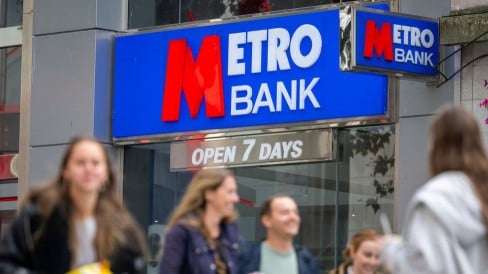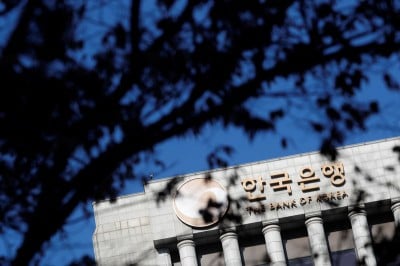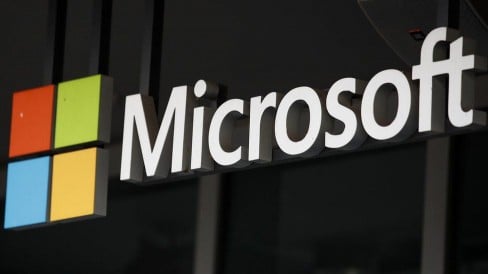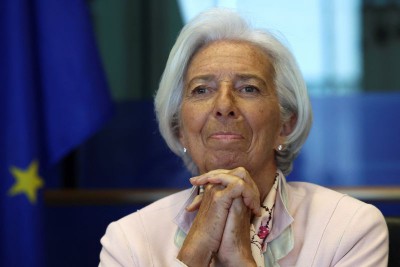
Metro Bank has struck a deal to raise extra funds from investors that it said will secure its future.
The deal was announced late on Sunday after days of intense speculation about the bank's financial position.
The Bank of England reportedly asked larger lenders if they were interested in buying Metro, while banks were said to be eyeing up some of its assets.
But on Sunday, Metro Bank said it had raised 拢325m in new funding, as well as refinancing 拢600m of debt.
Metro's chief executive, Daniel Frumkin, said the deal marked "a new chapter" for the troubled bank.
Metro Bank's shares had slumped last week after reports suggested it needed to raise cash to shore up its finances. Its share price rebounded on Monday in response to the deal.
However, Simon Samuels, a former managing director at Barclays and Citi, told the BBC's Today programme that while the financing bought Metro Bank some time, it did not address the "fundamental challenges" of the bank's strategy of focusing on High Street branches which was "very expensive".
While many banks have been closing branches and shifting to online banking - which accelerated during the Covid pandemic - Metro continues to focus on bricks and mortar.
"Essentially, Metro finds itself with an unsustainable cost base," he said, adding that he thought Metro's strategy "has got little chance of succeeding in the long run".
"Eventually [Metro Bank] may end up being part of a larger group."
The bank has insisted all along that its finances remain strong and it continues to meet all regulatory requirements.
But under the deal announced on Sunday, Colombian billionaire Jaime Gilinski Bacal will become Metro Bank's biggest shareholder with a 53% stake.
His firm, Spaldy Investments, will sink 拢102m into the bank.
Who is Jaime Gilinski Bacal?
In Colombia Jaime Gilinski is a household name. Locally, he's never too far away from the headlines, with his business empire growing from strength to strength it would seem, both at home and abroad.
The 65-year-old businessman was born in Cali, the descendant of Lithuanian immigrants. His family set up several mid-sized businesses and built a reputation for themselves within Colombia's Jewish community and across the city.
But Mr Gilinski had bigger ambitions. After a US education he had a stint on Wall Street, and led his family group into purchasing several banks in Colombia and abroad.
A smart operator, Mr Gilinski has aligned himself with Colombia's political and business elite over the years.Most recently, in 2022 Gustavo Petro was elected as the country's first left-wing president, promising action against what he called the country's "oligarchy". However, local media reported that Mr Gilinski had quietly been building relations with Mr Petro, helping to avoid becoming a target.
Metro Bank was founded in 2010 in the wake of the financial crisis and was the first to open in the UK in more than 100 years.
It positioned itself as a so-called "challenger" bank to the big High Street names, with its promise of keeping branches open seven days a week.
It now has 2.7 million customers and holds about 拢15bn worth of deposits in 76 branches.
But last week reports suggested it need to raise 拢600m. The Financial Times also reported over the weekend that several rivals were weighing up potential bids for part of the business.
In Sunday's announcement. Metro Bank said that it had raised 拢325m in capital from existing shareholders and new backers.
The Bank of England, which had been monitoring the situation closely, welcomed the deal.
Metro Bank also said it was still in discussions about raising cash by selling up to 拢3bn of its residential mortgages.
Homeowners with mortgages from Metro Bank do not face any immediate change, but if a deal goes through some customers might end up having their loans managed by another bank in the future.
Metro Bank's shares rose by about 10% on Monday, taking its share price to about 50p - close to the level it had been last week before reports on the bank's financial situation emerged.
However, the share price is still down nearly 60% since the start of the year, and well below the peak of 拢40.19 it reached in 2018.
Mr Frumkin said the new deal meant Metro Bank could continue expanding and would become more profitable over the coming years.
"Our strong franchise is underpinned by our loyal customer base and engaged colleagues and we will continue to develop the Metro Bank offer," he said.
The lender has faced a number of challenges in recent years after an accounting scandal in 2019, which led to some top executives, including its founder, leaving the company.
It returned to profit in the six months to the end of June this year - the first half-year profit the bank had seen since 2019.
In July, Mr Frumkin said that 2023 would be a "transitional year" for the firm and that it planned to open 11 more branches across the north of England in 2024 and 2025.
More recently, Metro Bank had asked City watchdogs for permission to use its own ratings system to value its mortgages and its assets.
But regulators turned down the request last month, saying that they wanted the bank to use an external rating system for now.
Sign up for our morning newsletter and get BBC News in your inbox.


